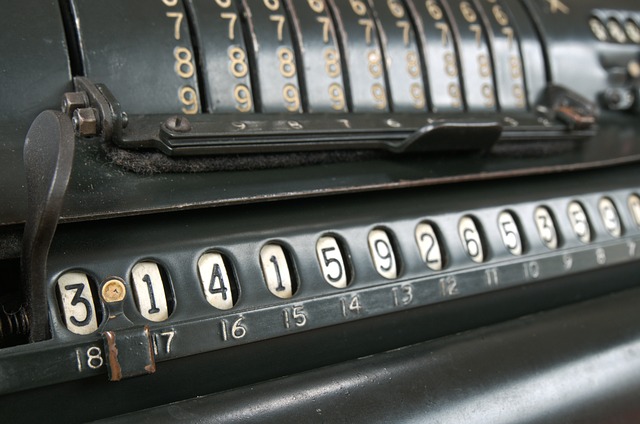brigantes,
You insist to follow the definition which is not widely accepted (even if you think so).
It is a widely accepted definition. In fact the definition comes from the OEMs and the hardware associations themselves. The definition just seems to be particularly unpopular and a trigger here at MalwareTips.
brigantes,
Of course, there is nothing wrong with the definition "
old software or hardware that is still in use", but it is not especially precise (the wheel is a legacy technology?).
The wheel is legacy technology. Of course it is. An "automobile" that does not use wheels is not legacy technology.
The formal definition of legacy is that the technology is obsolete in one aspect or another. Combustion engines are legacy technology. It does not matter that they are used widely. The combustion engine is destroying our planet. Just because people refuse to pay for more expensive, innovative technology and refuse to change does not make combustion engines current technology.
LOL, everybody knows tape drives are legacy. They are in the same class as COBOL servers and systems that banks and financial institutions refuse to change due to costs and disruptions to business operations.
Don't confuse relevance and demand (use cases) as an indicator of current technology status. Use case is driven most by price. Despite all of the automotive engineer's best efforts, the combustion engine is still highly inefficient and a huge polluter. However, given the fact that nobody wants to pay for expensive bleeding edge innovative auto tech, the world is stuck with legacy.
Legacy or not, HDD will be around for a long time because they're cheap, they hold terabytes of data now, and your average computer user will buy them because of it. They look at Super Whiz Bang laptop with 8G RAM and 500G SSD for $899, and Average laptop with a 10 terabyte HDD and 8G RAM for $599. First, they ask what SSD means because they know nothing about computers or drives. Then they'll ask what is the difference because they don't know what gigabytes and terabytes are. Then, after being told, they'll buy the HDD because it holds more data than they'll ever need, and most important, it's $300 cheaper.
Exactly. HDD hangs on only because of cheap price. In UK or US try to find a whole bunch of systems with HDD. You will not find them except under 250 GB with the HDD as the primary OS drive. That is because OEMs consider HDD obsolete technology. As a courtesy to consumers, they offer really cheap HDD systems. Otherwise, very few consumers want HDD.
Yeah it won't be a legacy technology at least till optane can replace HDD on price per TB (probably a decade or half)
HDD is already obsolete technology.
Nobody is getting it. It has to do with age, not wide use or support. An obsolete technology is not one that is "dead" and nobody uses it. That is a completely wrong definition. Industry determines a technology with little or incremental improvements as obsolete and legacy.
If HDD was not so cheap, nobody would be using it. It's primary use case is as a backup storage and not the primary OS drive.


